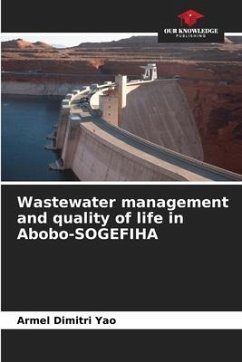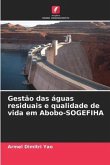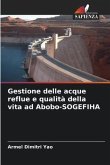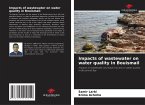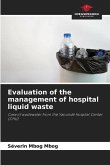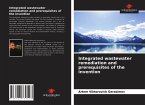The aim of this study is to identify the determinants of the deterioration of wastewater drainage systems in social and economic housing neighbourhoods such as Abobo-SOGEFIHA. To achieve this objective, a questionnaire survey of households was carried out, and a GPS was used to locate wastewater outlets. Interviews and photographs were also taken. The study showed that the population had almost doubled in 24 years, resulting in changes to and densification of housing. The way in which wastewater and rainwater are managed has become unsuitable, given the overloading of the sewer network and the maintenance problems it faces. As a result, local residents are forced to rely on traditional refuse collectors, despite the fact that a modern sewage system runs through almost the entire neighbourhood. In the case of Abobo-Sogefiha, the political solution to preventing the proliferation of sewage in cities through social and economic housing is showing its limits.
Bitte wählen Sie Ihr Anliegen aus.
Rechnungen
Retourenschein anfordern
Bestellstatus
Storno

